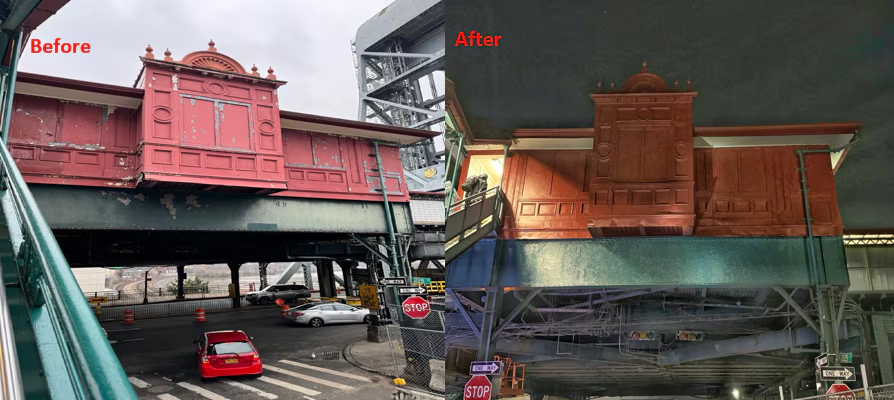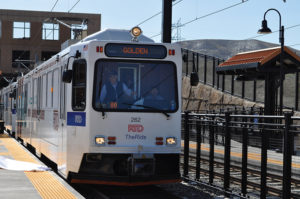NCRR, NS repair track damaged by Tropical Storm Nicole
Written by jroodFlooding from Tropical Storm Nicole brought record rainfall in several areas of North Carolina and resulted in a number of washouts on track along the North Carolina Railroad (NCRR). Trains were rolling within 36 hours of the damage, moving commerce on the 317-mile railroad, which runs from Charlotte to Morehead City. Washouts occurred in three locations along the track in Craven County between Dover, N.C., and Havelock, halting rail activity until repairs could be made. "Our priority is to keep freight moving and rail customers happy," said Scott Saylor, NCRR President. "The partnership with Norfolk Southern and our ongoing investments to make improvements throughout the corridor help us keep and create jobs. The tracks were repaired promptly and Norfolk Southern really came through for NCRR and the businesses and military installations that depend upon our line." Beyond fixing the damage done by Tropical Storm Nicole, NCRR has kept a keen eye to improving the railroad to avoid problems. Some of those projects include two new bridges between LaGrange and Kinston, six box culverts and ongoing improvements and maintenance to rails, ties and the surface material. "NCRR has invested over $63 million in capital improvements to the North Carolina Railroad since 2001 and has committed another $83 million through 2015," said Saylor. "Since 2006 NCRR and Norfolk Southern have invested a combined $11.5 million in bridges and culverts east of Raleigh. That is non-taxpayer money, and many times it is evenly matched with Norfolk Southern investment in the projects. The North Carolina Railroad Company is a unique and valued asset for the people of the state. We intend to keep our asset healthy, make improvements that are good for our customers, keep commerce rolling and attract economic opportunity for the state." The North Carolina Railroad Company owns and manages the 317-mile rail corridor extending from Morehead City to Charlotte. The railroad carries 60 freight trains and eight passenger trains daily.





